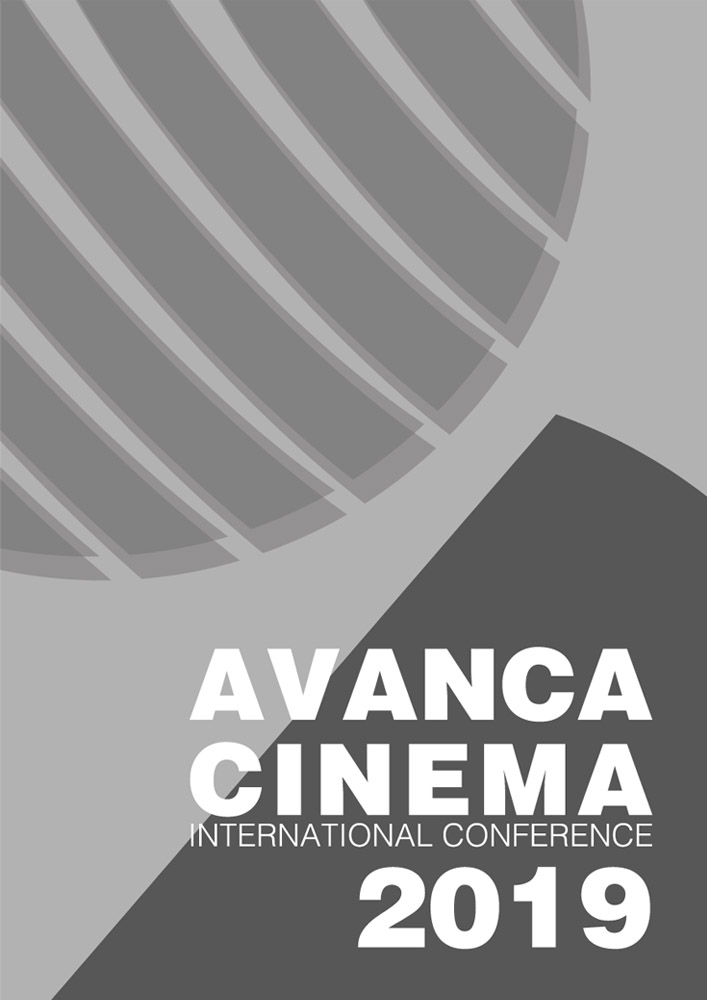Capítulo II _ Cinema - Cinema
Second person narrative in War Documentaries.
Resumo
Cinematic-letters have been an important modality of using a second-person narrative in documentary films. Several filmmakers, such as Marker, Varda, Mekas and Kramer, dedicated themselves to construct and redefine this modality as a non-hegemonic form of documentary and/or as an explicit way to put subjectivity at the foreground.
Second person narratives represent a specific strategy to interpellate spectators. Interpellation is “the recognition of someone, who in turn is expected to recognize himself as the immediate interlocutor” (Rascaroli 2009). If address and interpellation are always present in documentary narrative, whether first, second-, or third-person, second person narratives can make the presence and the existence of a “you” explicit, creating thus a specific form of spectator’s participation.
In A Diary for Timothy (Jennings 1945), second person narrative has the potential to make explicit a form of address that challenged spectators to leave their comfort zone, and face the uneasy feeling of being the addressed ones. Thus, the film created a specific form of spectator participation in documentary cinema.
Similarly, Strange Victory (Hurwitz 1948) “combines reedited archival footage with scenes of contemporary America and acted sequences” with “a male voice over addressing the viewers directly and expressing a sense of urgency and anger” (Decker 2011). As in Timothy, this second person voice-over helps constructing opposition and/or identification relations between the documentary voice and the spectator, in order to deconstruct the vision of a unified nation or emphasize its internal violence and disunity (Decker 2011).

Este trabalho encontra-se publicado com a Licença Internacional Creative Commons Atribuição 4.0.

